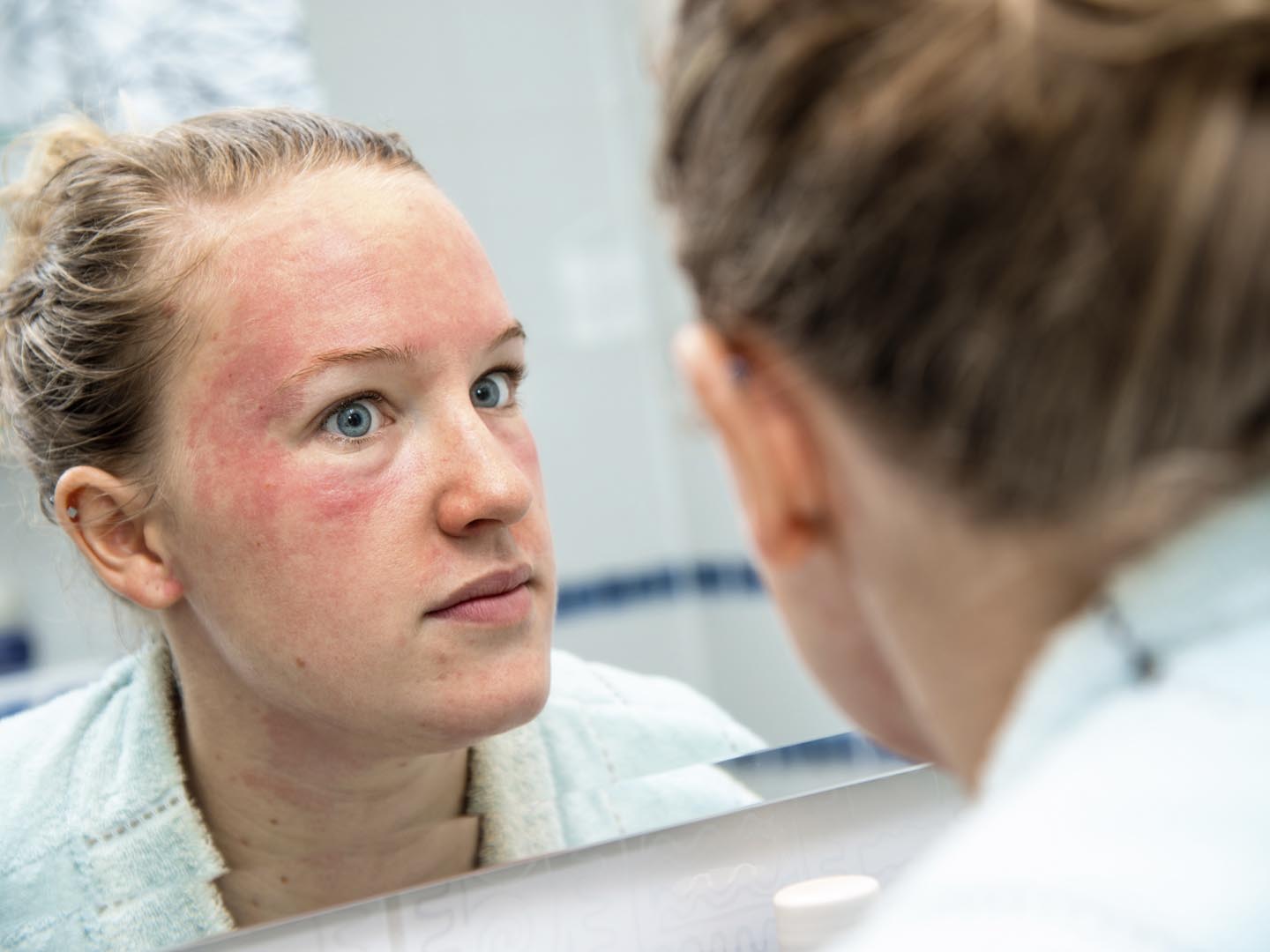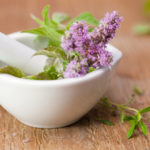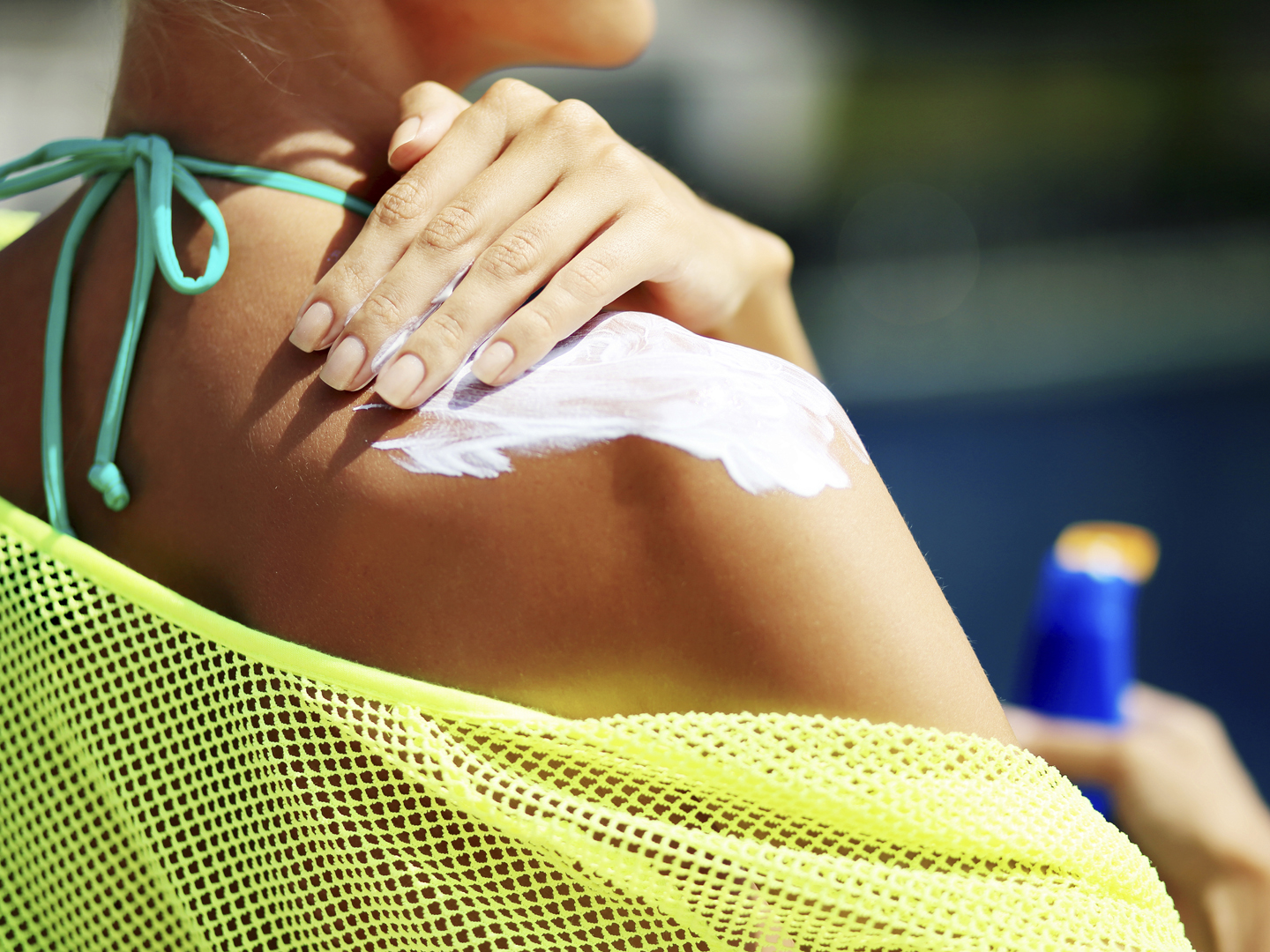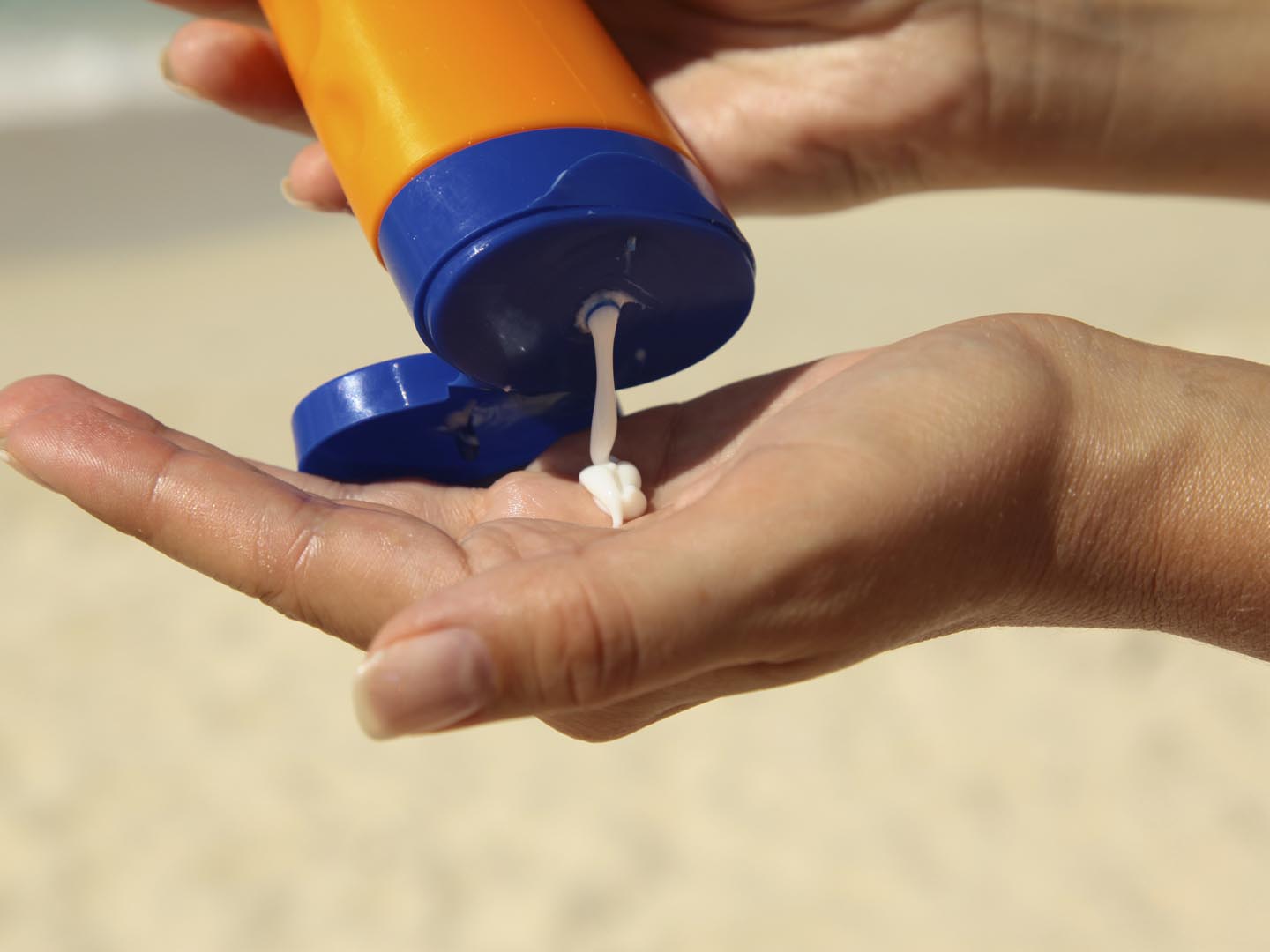GLA: The Right Remedy for Eczema?
You recommend gamma-linolenic acid (GLA) for eczema. Isn’t GLA an omega-6 fatty acid that promotes inflammation? Wouldn’t it be better to take omega-3s?
Andrew Weil, M.D. | November 21, 2002

GLA is an unusual fatty acid found in evening primrose oil, black currant oil and borage oil that is very hard to come by in the diet. It has specific nourishing effects on skin, hair, and nails that are not duplicated by omega-3 fatty acids. I recommend supplemental GLA for eczema, an allergic skin condition common in infants, children and young adults. Eczema produces itchy, thickened, red areas on various parts of the body. It tends to come and go and often occurs in conjunction with other allergic conditions such as asthma.
GLA is quite beneficial for eczema. However, it doesn’t provide immediate relief for this and other skin problems. Results usually take six to eight weeks.
It is true that a high ratio of omega-6 to omega-3 fatty acids in the diet promotes inflammation by favoring synthesis of pro-inflammatory hormones (prostaglandins). But the amount of GLA needed to treat eczema and other skin conditions (500 milligrams twice a day) is too small to affect that ratio significantly.
Bear in mind that GLA is only part of the regimen I suggest for eczema. Here are the other elements:
- Eliminate milk and all milk products
- Try visualization or hypnotherapy to take advantage of the mind/body connection in allergic skin disorders.
- Try aloe vera gel, calendula lotion or cream, and chaparral lotion on irritated skin.
Andrew Weil, M.D.











